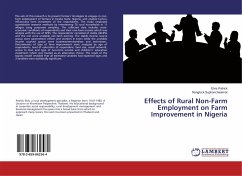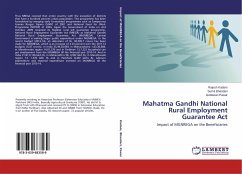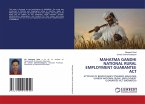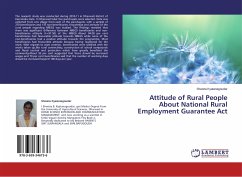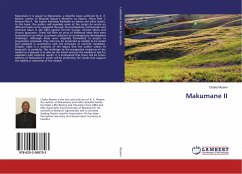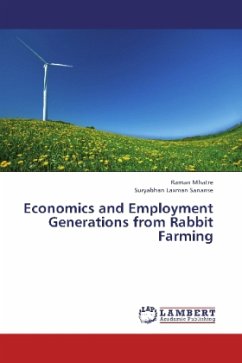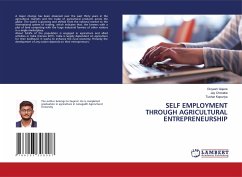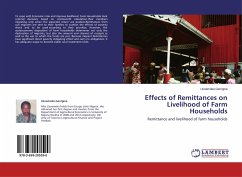The aim of this research is to present farmers 'strategies to engage in non-farm employment of farmers in Taraba State, Nigeria, and analyze factors influencing farm investment of the respondents. The study employed quantitative research methods by interviewing 76 rural households in 11 villages using purposive sampling. The collected data includes socio- economic conditions of respondents and their non-farm income which was analyze with the use of SPSS. The respondents' consisted of stable (40.8%) and the rest were unstable non-farm earning. The stable income source group were government officer and workers in town while the unstable income sourced group were business/merchandizer and technicians. Determinants of type of farm improvement were analyzed by age of respondents, level of education of respondent, land size, social network, access to loan and type of non-farm income and children's' education investment which was treated as an alternative choice. The result of the logistic model revealed that all estimated variables had expected signs and 3 variables were statistically significant.
Bitte wählen Sie Ihr Anliegen aus.
Rechnungen
Retourenschein anfordern
Bestellstatus
Storno

